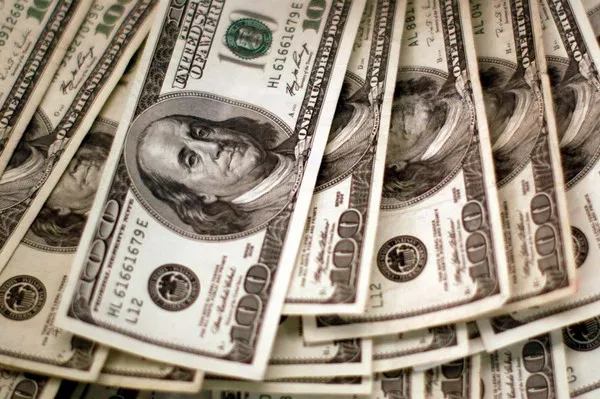In recent years, there has been growing speculation that the Chinese yuan could eventually replace the US dollar as the world’s reserve currency. While the US dollar remains the dominant global currency, the rise of China’s economy and its efforts to internationalize the yuan have led many experts to believe that a shift is on the horizon. In this article, we will explore the factors driving this trend and examine the likelihood of the yuan replacing the dollar as the world’s reserve currency.
What is a Reserve Currency?
A reserve currency is a currency that is held in significant quantities by governments and institutions around the world for the purpose of facilitating international trade and investment. The US dollar has been the dominant reserve currency since the end of World War II, accounting for approximately 60% of global foreign exchange reserves. Other major reserve currencies include the euro, the Japanese yen, and the British pound.
China’s Rise and Internationalization of the Yuan
Over the past few decades, China has emerged as a dominant economic power, with an economy second only to that of the United States. As China’s economic influence has grown, so too has its desire to establish the yuan as a global currency. In recent years, China has taken a number of steps toward achieving this goal, including opening up its capital markets to foreign investors, negotiating bilateral currency swap agreements with other countries, and promoting the use of the yuan in international trade settlement.
Benefits of Reserve Currency Status
There are several benefits to being a reserve currency, including greater stability, lower borrowing costs, and increased global influence. Countries that hold significant amounts of a reserve currency can use it to buy goods and services from other countries, invest in financial markets, and settle international debts. This allows them to diversify their holdings and reduce their risk exposure. Additionally, having a reserve currency can give a country greater political clout on the global stage.
Challenges to the Yuan’s Rise
While China has made significant progress in internationalizing the yuan, there are still several challenges that could prevent it from becoming a major reserve currency. One of the biggest obstacles is the lack of transparency in China’s financial and political systems. Investors and governments need confidence in a currency’s stability and predictability before they will hold it as a reserve asset. Additionally, China’s capital account controls, which limit the ability of investors to move money into and out of the country, have raised concerns about the yuan’s convertibility and liquidity.
Another challenge facing the yuan is the dominance of the US dollar in global finance. The dollar’s status as the world’s reserve currency is deeply entrenched, and many countries and institutions have invested heavily in dollar-denominated assets. This makes it difficult for alternative currencies like the yuan to gain traction in global markets.
Likelihood of the Yuan Replacing the Dollar
Despite these challenges, many experts believe that the yuan could eventually replace the dollar as the world’s reserve currency. The International Monetary Fund (IMF) has included the yuan in its basket of reserve currencies, alongside the US dollar, euro, Japanese yen, and British pound. This recognition has given the yuan greater credibility and visibility on the global stage.
Additionally, China’s Belt and Road Initiative, a massive infrastructure development project spanning multiple continents, has increased the use of the yuan in trade transactions with partner countries. As more countries adopt the yuan as a settlement currency, its internationalization is likely to accelerate.
Will the Dollar Stop Being World Currency?
The question of whether the US dollar will stop being the world’s dominant currency is a complex and highly debated topic among economists and policymakers. While there have been some discussions and speculation about the potential decline of the dollar’s dominance in recent years, it is difficult to predict with certainty what will happen in the future.
Some experts argue that factors such as the growing economic power of emerging markets, increasing geopolitical tensions, and the emergence of alternative currencies like digital currencies could potentially erode the dollar’s status over time. However, others point out that the US economy remains the largest in the world and that the dollar’s status as a reserve currency is supported by the strength and stability of the US financial system.
Ultimately, the future of the US dollar as the world’s leading currency will depend on a wide range of economic, geopolitical, and technological factors that are difficult to predict with certainty.
Conclusion
The yuan’s rise as a potential rival to the US dollar as the world’s reserve currency is an important trend to watch. While the dollar’s status is deeply entrenched and the yuan faces significant challenges, China’s economic rise and efforts to promote the yuan internationally make it a serious contender for reserve currency status. Whether or not the yuan ultimately replaces the dollar remains to be seen, but it is clear that China’s growing influence on the global stage is shifting the balance of power in the international financial system.


